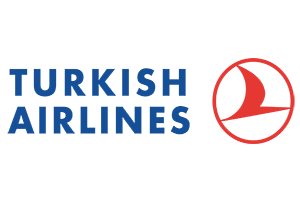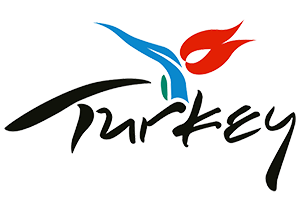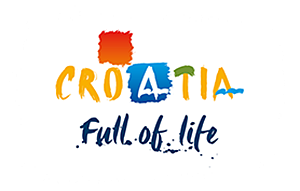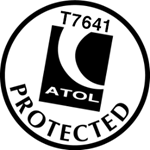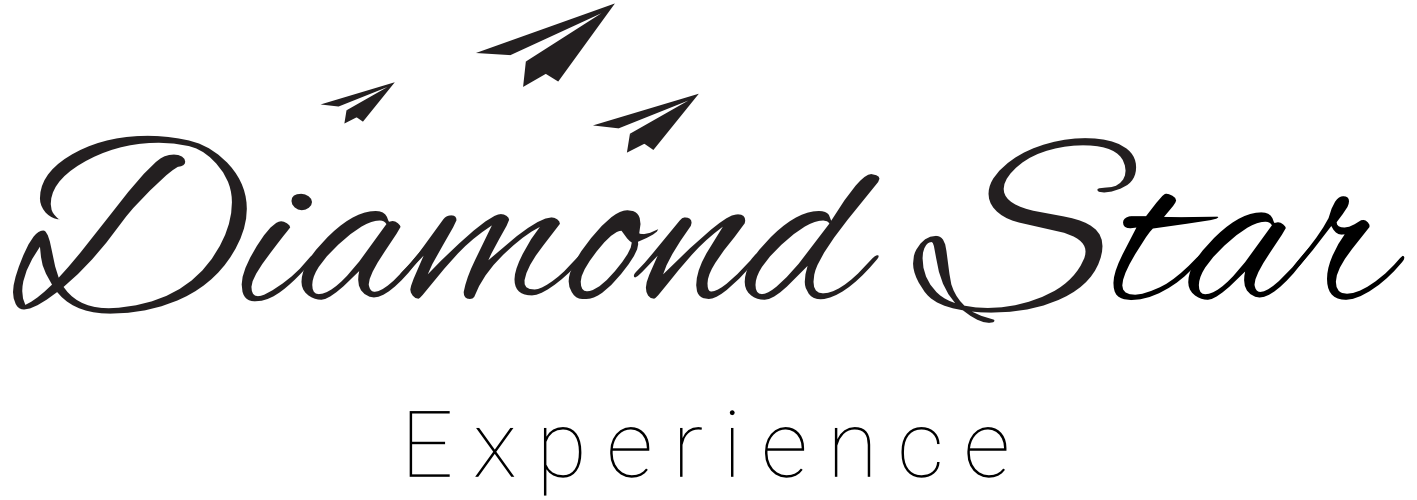
Please leave your name and email address for our newsletter.

Please leave your name and email address for our newsletter.

Akin has been to all these places and experienced all these holidays.
Give him a ring to discuss your holiday in detail on 0330 390 0999 or send an email.
Get in touch"We just returned from a week in Cappadocia Turkey. Diamond star Experience were really helpful and friendly throughout our experience with all aspects of the holiday. Our flight was delayed and I received contact from Oguzhan and Rica telling me that they had arrange later pick up from the airport when arriving in Turkey. Mustafa our driver was warm and friendly throughout our stay .The transfer and 3 day tours were fantastic , Our guide was really knowledgeable and looked after us while we toured this remarkable place The highlight was the Balloon ride in the morning a truly magical experience . I can not fault any part of the holiday and the service of Diamond Travel Experience . Easy to contact through what’s app anytime which was a great touch . I would strongly recommend Diamond star Experience for booking a holiday , We will def book again with them when returning to Turkey. Thanks and well done ! A truly wonderful Break" Mrs Wilson - 21 Aug 2025
"A week's trip on Perla del Mar captained by Mustafa, with chef Dohan, and crew Cem, Emre and Meric turned out to be the best family holiday we had ever booked. Akin's recommendation of the boat was spot on. Dohan's menu and cooking was absolutely excellent. The crew went out of their way to assist us at every opportunity and their care and attention to the children on the trip was exemplary. There wasn't a single fault that on the whole trip, the transfers worked perfectly, the crew were there to greet us at Marmaris and led us through the alleys to the waterside where the amazing boat in front of us was to be ours for a week. We were all taken aback and realised that Mum's mad dream was coming to fruition. A holiday found by google, sold to us by Akin who took the trouble to explain everything turned out to be beyond the dreams of all of us. Canoeing in quiet coves, swimming and snorkelling to our hearts content then served with drinks and snacks before amazing meals and enjoying the trips between coves became the order of each day. I can firmly recommend this holiday to anyone. It was simply amazing." Christine - 25 May 2025
" We went to Diamond Star experience because they offer multi-centre holidays and had good ratings. We were in no way disappointed with what was organised. We said that we wanted a few days in Athens and then a week on a relatively quiet island. Akin made a proposal (Athens then Naxos) and then, when we agreed, organised everything. The Athens hotel was central and accessible to the main sites and to restaurants, and was of very good quality. The choice of Naxos for the island was equally good and we stayed in an excellent three star hotel on the edge of the town within easy reach of the beach and restaurants. All transfers were efficiently organised and even when there was a transport hiccup (our fault!) there was a phone call from the Athens back-up team within the hour to find out what had happened.
Thank you very much, Akin and staff, for a really enjoyable holiday and for service which can be easily be recommended. " Mr Alan Fraser - 19 May 2025
